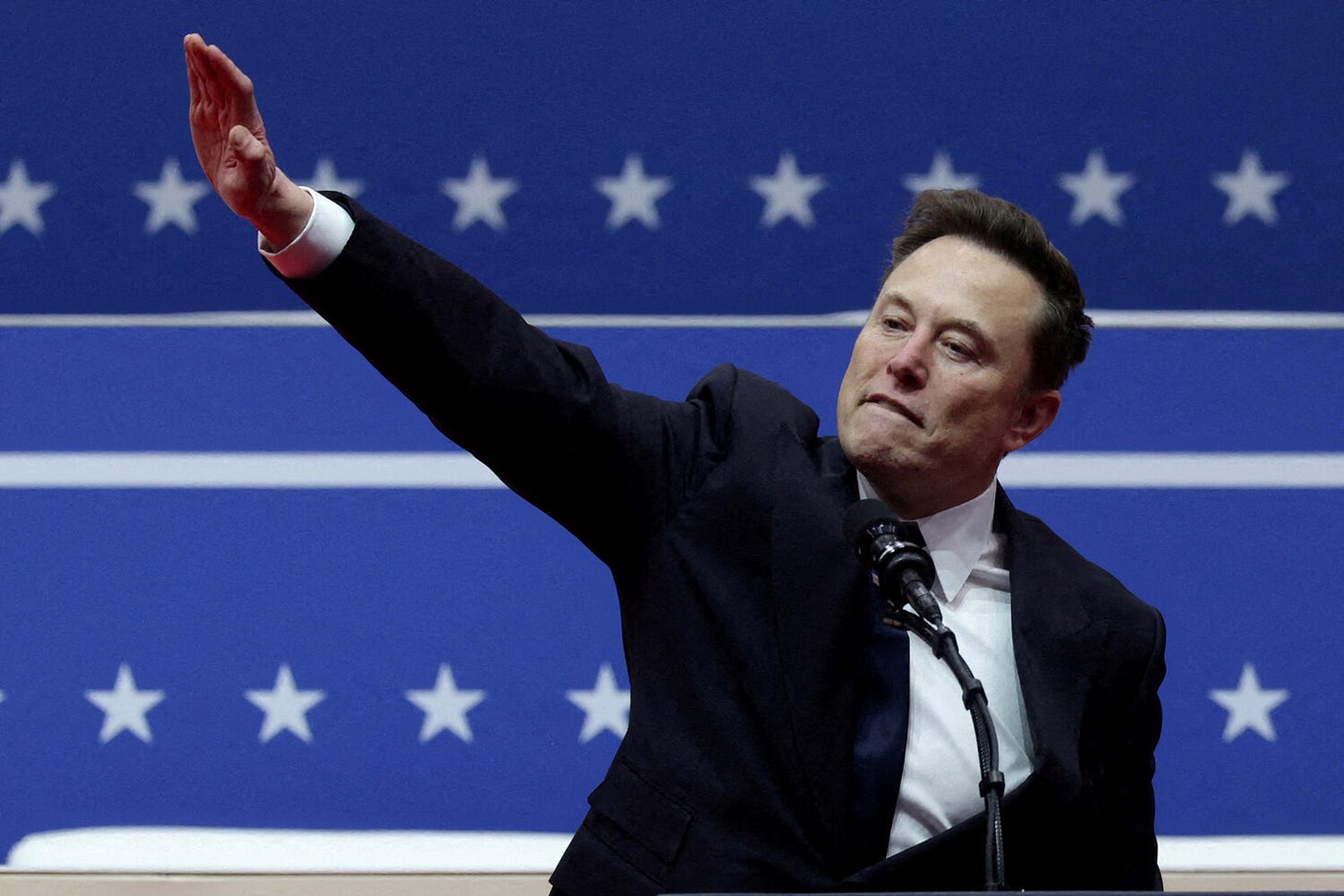Opinion: Elon Musk’s America Party – Is It a Quixotic Quest or a Game-Changer in Politics?
A Billionaire’s Quest to Remake America’s Political Landscape
Elon Musk Declares Himself Emperor of Mars on July 5, 2025, announcing that he has created the “America Party,” a defiant escalation of the billionaire entrepreneur’s long-running spat with President Donald Trump and a direct, if unlikely, challenge to the two-party system that has dominated American politics for decades. Musk’s stated objective — to capture a few congressional seats to give the movement veto power over all legislation — reflects his frustration with what he describes as a “uniparty” system choking with profligate spending. His desire to shake up the status quo of American politics is captivating, but America Party runs into some structural headwinds that make it less of a credible alternative and more of a brief protest.
Musk’s argument for the America Party, as described on X, is financial conservatism and bringing back “the true will of the people.” The ferocity of his anger at Trump’s One Big Beautiful Bill Act, which he has pegged as adding $3.3 — 5 trillion to the national debt, conveys his understanding that his own party, as well as the opposition party, are complicit in fiscal insanity. By going after just 2-3 Senate seats and 8-10 House seats, Musk has planned a targeted “golden share” strategy designed to take advantage of narrow congressional margins to prevent controversial legislation from passing. It is a brilliant, laser-focused approach in theory that plays off his enormous wealth (he is worth more than $350 billion or so) and control of X to expand his messaging. In the 2024 election cycle, he has already spent $277 million, which shows how he’s willing to spend big, and he already has his own political action committee, America PAC, which could be a financial springboard for this new effort.
But the America Party is hobbled by the realities of American politics. The winner-takes-all system, along with gerrymandered districts and draconian ballot access laws, has eliminated third-party efforts for the last 100-plus years. Past efforts, like Ross Perot’s 1992 campaign, which won 19% of the popular vote but no electoral votes, demonstrate the difficulty. Musk’s own widespread unpopularity — 55% of Americans, recent polling says, view him negatively — could compound challenges recruiting plausible candidates and wide-ranging voter support. His about-face from what were on-paper Democratic positions to a Trump ally and now third-party crusader also leaves open the question of ideological coherence, which could turn off conservatives and progressives alike.
Musk’s pretensions to be the voice of the “80% in the middle” reflect genuine dissatisfaction — Gallup shows 58% of the population wants a third party — but there’s a difference between this and political success at the polls. His X poll, where 65% agree with a new party, is biased by his echo chamber and isn’t representative of anything wider. Critics of such efforts, including political scientists, suggest that third parties frequently also play the role of spoiler, siphoning off votes without actually gaining seats, as when the Republican Theodore Roosevelt left his party in 1912 to found the Progressive Party. Musk’s focus on fiscal conservatism could appeal to some, but without much of a platform beyond being against “waste and graft,” the America Party is looking pretty nebulous in terms of its brand, and it risks defaulting to a vanity project.
The clash with Trump only complicates things. To be fair to Musk, however, it is not at all clear that Trump is a friend to clean energy, and it is certainly no exaggeration that he could direct subsidies away from Musk in order to undercut his influence and his companies (he may even try to deport him, but Musk is a U.S. citizen who has been since 2002), signaling a personal as well as a political vendetta against the entrepreneur. With 90% approval among GOP voters, Republican loyalty to Trump indicates Musk’s effort to primary pro-Trump lawmakers may be likely to fail. Meanwhile, Democrats, who are skeptical about Musk’s right-leaning views, won’t rally to his cause. The America Party’s success will depend on luring independents and disaffected Republicans, and its tight focus on congressional races might limit its long-term effect.
In sum, Musk’s America Party is interesting but a monster of a climb. He has unique leverage through his wealth and platform, but the very dominance of the two-party system — structurally and culturally — plus his own polarizing persona makes that a lift that would be hard even for someone actually running as an independent. The party may double as a loud protest against perceived fiscal irresponsibility, but without an agenda, a platform, or broader appeal, it may well consign itself to the same crowded graveyard that is the history of American third-party experiments. Time — and who knows, the midterms in 2026 — will tell if Musk is able to beat the odds, as it were, in politics as he has in business, or if this is a billionaire’s overstep into a political realm far less forgiving than a boardroom.


